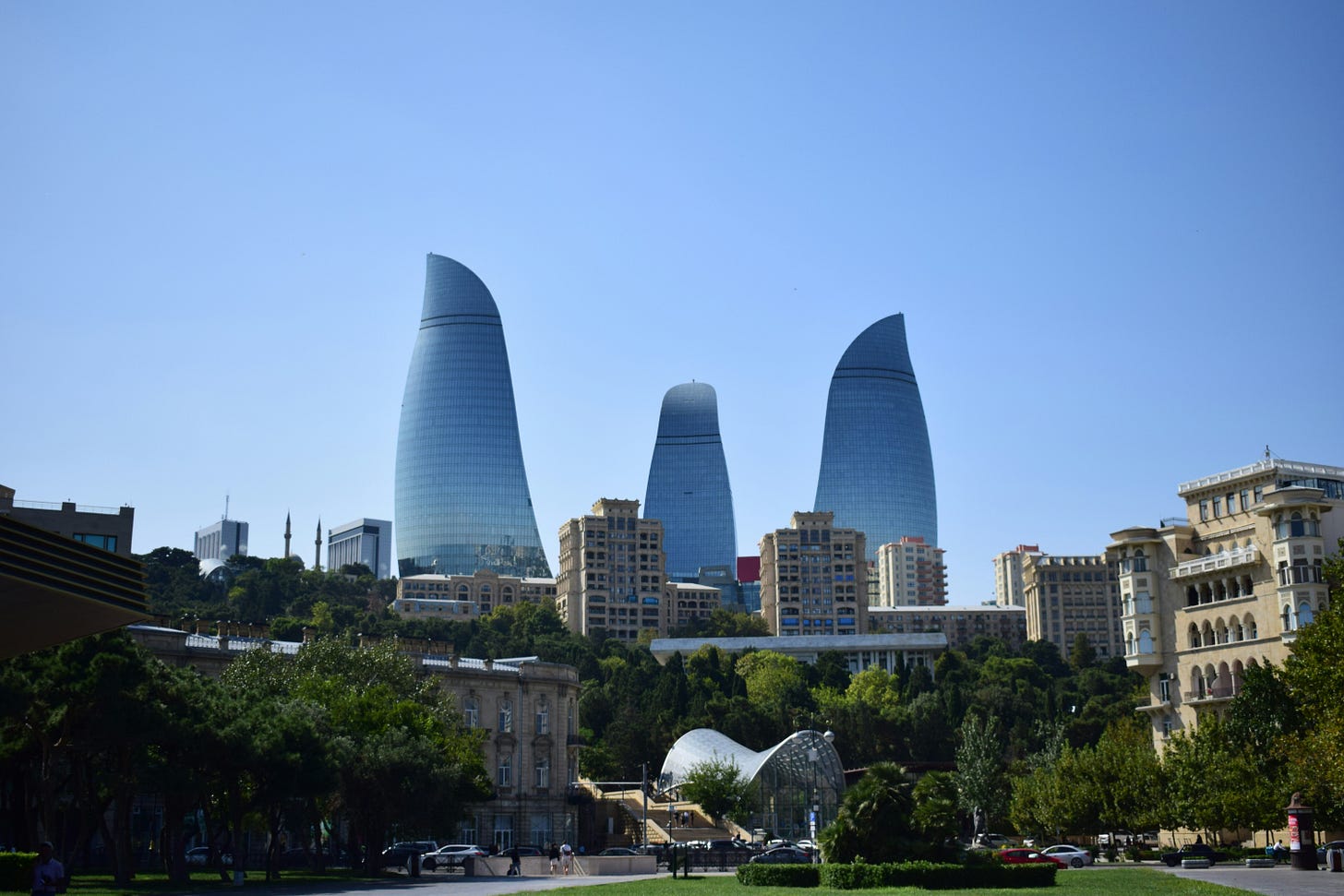From Kazakhstan to Rome
Failure, reinvention, and the courage to return
Dal Kazakistan a Roma: tra fallimenti, rinascite e il coraggio di rientrare
Alessandro P. ha 36 anni, una compagna, un figlio di pochi mesi e un curriculum che sembra un romanzo. Dopo studi internazionali e una laurea americana, parla cinque lingue ma non riesce a trovare un “lavoro vero” in Italia.
A 26 anni, frustrato e determinato, apre un boutique hot…


